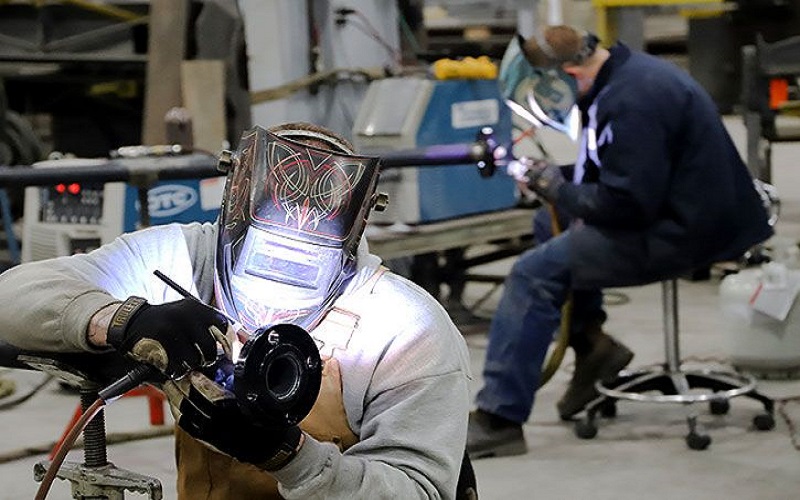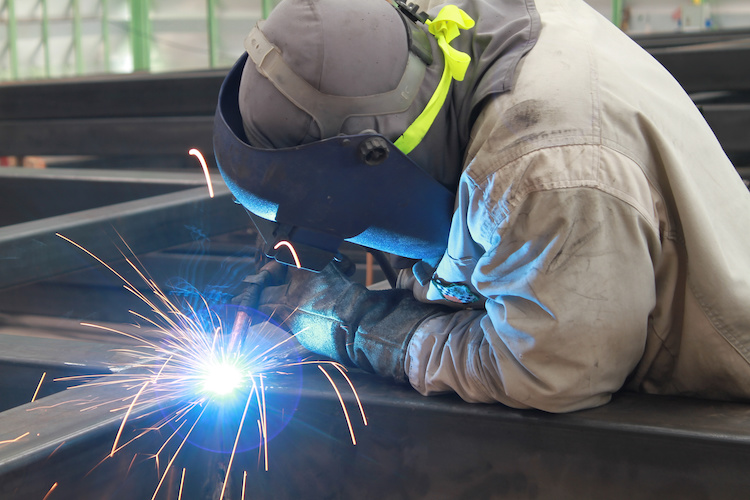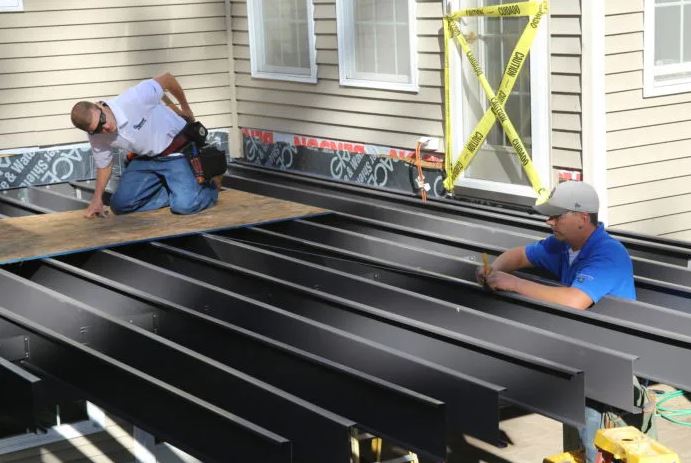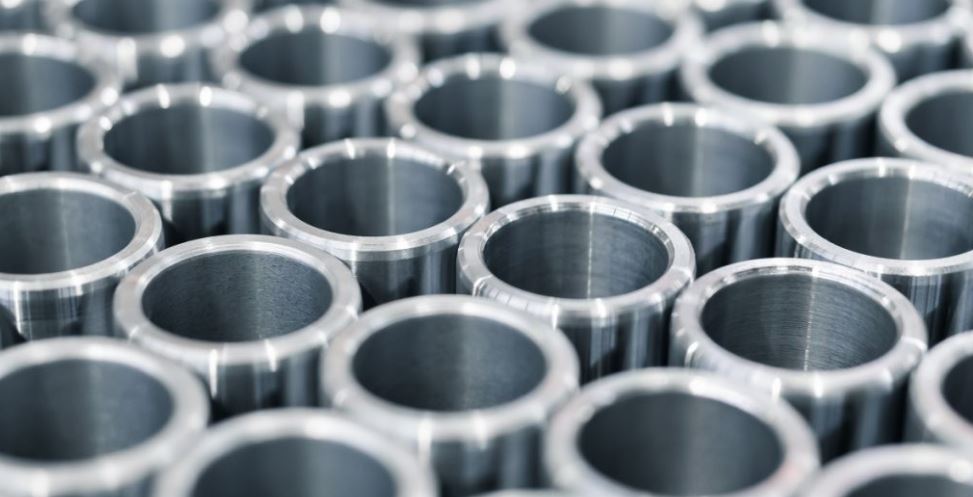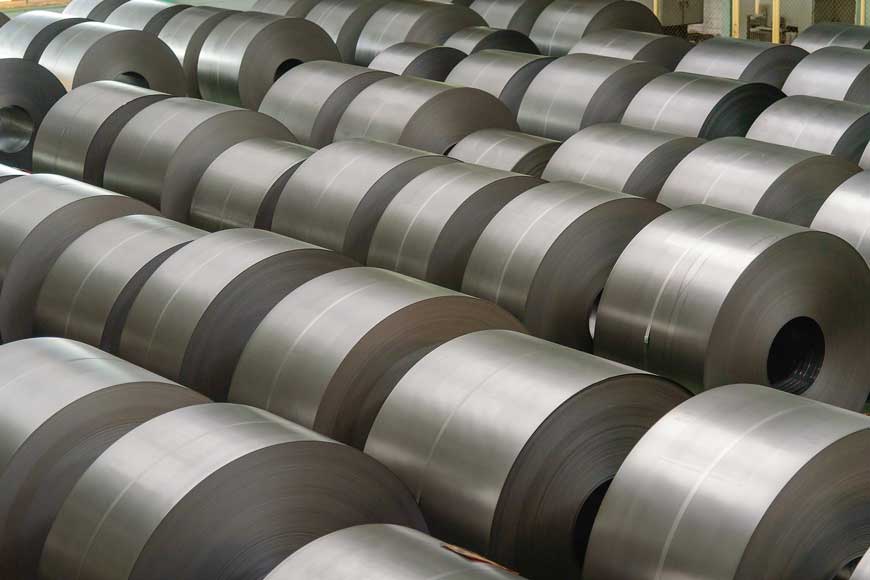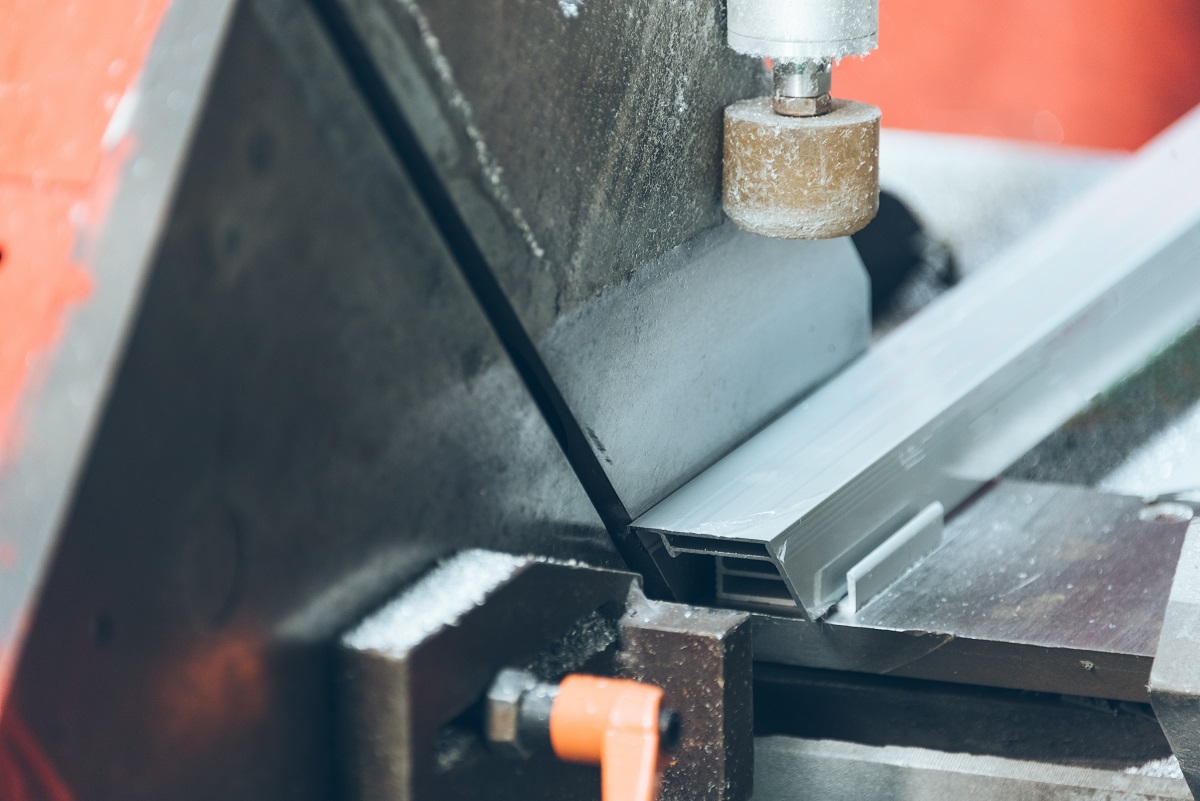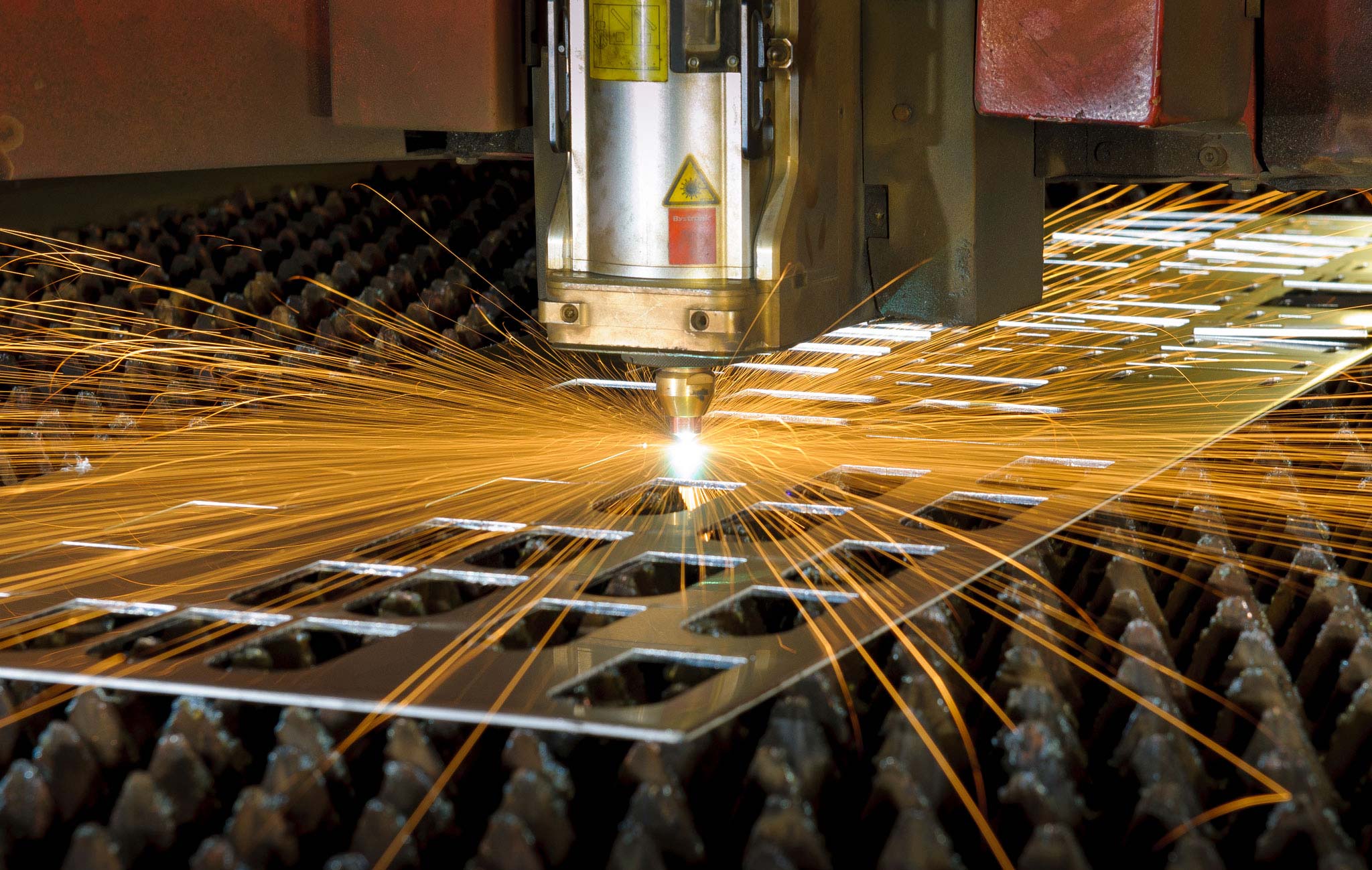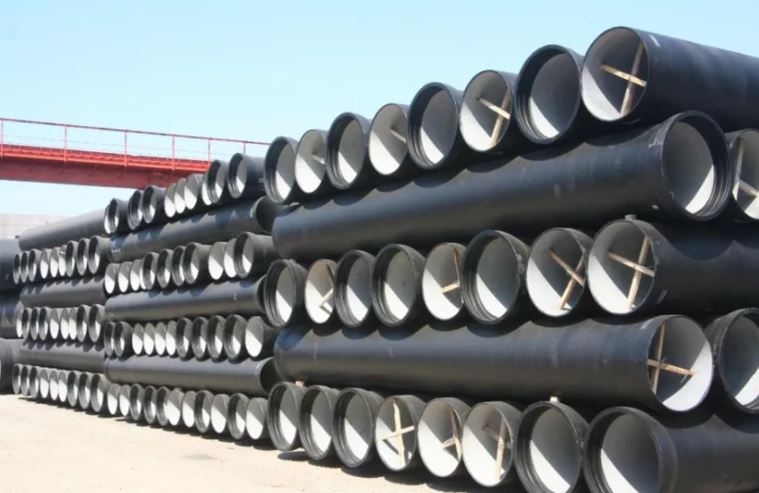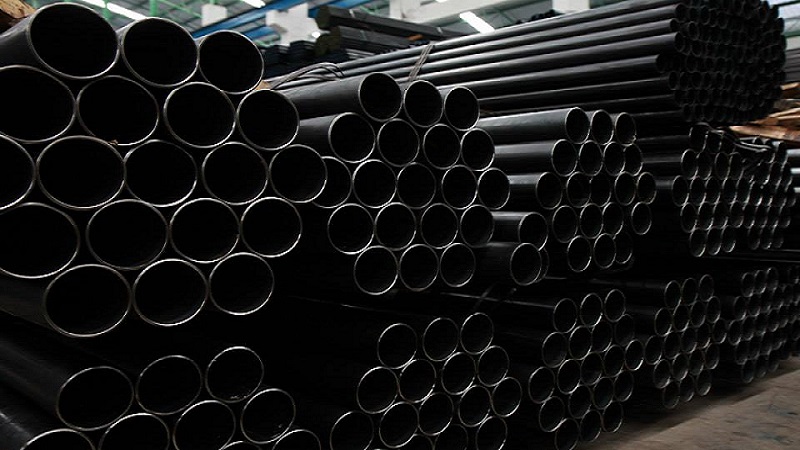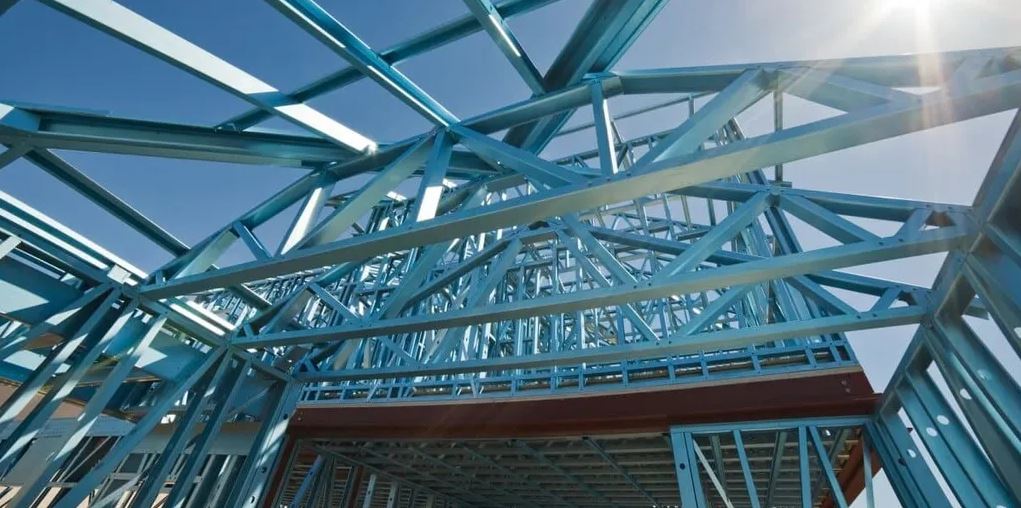We all live in a world where everything around us is built from metals. If you take any building, right from the foundation to roofing, you can find one or other type of metal. These metals increase the stability and durability of the construction. However, you never know if the products that you receive from the manufacturer or supplier have undergone complete quality control. The MS steel suppliers in Chennai are well-known for conducting a proper in-house quality control process.
These quality control operations are non-negotiable, but having such a system within a company will surely increase the product standard, especially if you are into metal fabrication. Metal fabrication is a process where the given metal is converted into the desired structure through the required machining process.
The primary purpose of considering the quality control measure in steel fabrication is to produce a quality product and create a winning situation for both the company and the buyer. Hence, in this post, let us see why quality control is essential in steel fabrication.
Quality And Consistency:
The foremost thing for any product to stay for a longer time is the quality. So, when considering metal fabrication, there are so many factors that fabricators have to think like alloy composition, formation process, and many more. Hence, the quality control process starts right from the material selection to producing quality and custom-made products.
Quality products not only give desired output but can also give a consistent manufacturing process. If there is not a quality control system, the entire production process can go for a toss. Thus, it is essential to have a quality control system to deliver high-quality products like MS chequered plate and a consistent manufacturing process without any interruption.
Lesser Hazard And Risk:
Secondly, a good quality control system lessens the risk and hazards associated with metal fabrication. Some of the disasters that happen in the industries or at the fabrication centre are due to low-grade materials. Hence, with the help of quality control, the manufacturer can segregate the metal that is unfit for the fabrication process.
For example, if a machine stops working, a quality control check team can come up with a solution quickly and resolve the issue within no time. Hence, it does not affect the production of the mid-way.
The Benefits Of Hiring A Quality Control System Are
- They evaluate to find the faulty materials regularly, especially while producing construction materials like sail TMT bar.
- They will allow only the product approved by the OSHA code (The Occupational Safety and Health Standards Act).
- Ensuring workers are capable of operating the concerned equipment.
- To make sure that employees have essential personal gear for protection.
- Ensuring the metal products are handled, stored, and shipped by adhering to the legal practices.
Abiding By Company Standards:
Thirdly, all the fabricated metal produced should comply with the company standards. If the produced product doesn’t meet the business codes, then the manufacturer and the buyer are at risk of penalties, charges, and related liabilities.
Hence, by now, you might have understood the importance of the quality control system and what are the benefits of hiring them. Bharat steels are the best JSW steel dealers in Chennai that offer quality steel products without compromising its standards.

